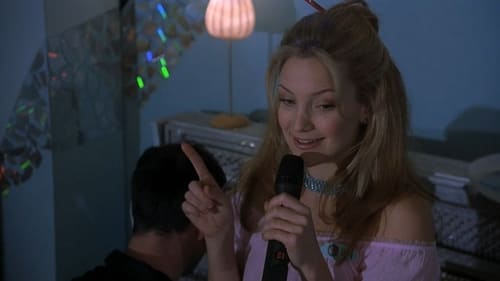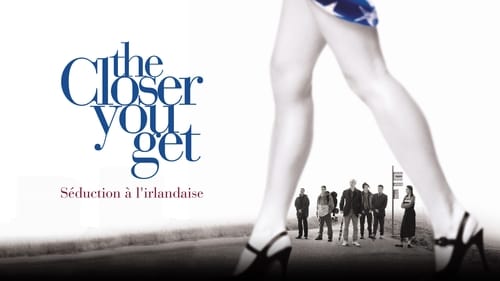
Aine Quinn
In 1976 the British Government put an end to the special category status of prisoners from the Provisional Irish Republican Army, no longer treating them as prisoners of war, but as common criminals. Mairéad Farrell - on whose life much of the film seems to be loosely based - was the first woman Republican to be refused political status in 1976. By 1980, when the film is set, Margaret Thatcher was Prime Minister and doggedly resolute: “There can be no question of political status for someone who is serving a sentence for crime. Crime is crime is crime.” Silent Grace seeks to capture the struggle for the restoration of political status that was at the heart of prison protests in Northern Ireland - not just by the more celebrated male prisoners - but by a smaller number of women prisoners, led by Farrell, at the Armagh Women’s Prison.

Karen
Его далекий предок был в худшем положении: о выборе мог только мечтать… У нашего Адама все началось с Люси. И дело быстро продвигалось к свадьбе. Такую страсть, как с ним, она испытала впервые. Люси была покорена. Как, впрочем, и вся ее семья: такой красавчик, чуткий, обходительный! «И романтичный», — отметила Лора, сестра Люси. Что ж, Адам был таким. И в его щедром сердце еще осталось много места для любви…

Siobhan
Irish lads send an ad to the Miami Herald inviting fit and enticing women, between the ages of 20 and 21, to live in their isolated Donegal village. The whole town knows about the ad, and it sharpens everyone's sense of the opportunities for happiness already at hand. Kate, a publican with a young daughter, is separating from her husband and catches the eye of a bachelor sheep farmer. Kieran the butcher realizes that his assistant Siobhan is comely, and then he discovers she's fiery as well. Ollie sends off for Dutch skin magazines that the village postmistress won't release to him. The men, and women, find counsel in their movie-loving priest. Will anyone answer the ad?


